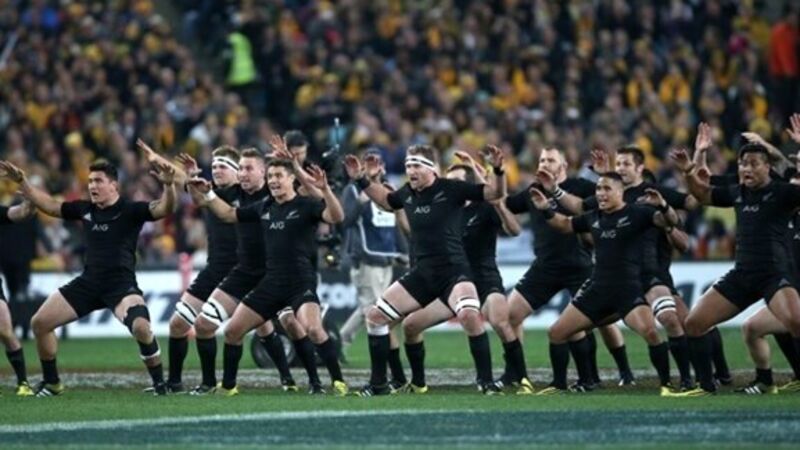Are New Zealand beatable? Yes, of course they are

With a Lions series on the horizon in New Zealand next summer, Warren Gatland will carefully dissect the performances of several Irish hopefuls. We will all be a little bit wiser at the conclusion of this November Series.
Monday last, October 31, not only marked the 38th anniversary of Munster’s famous win over New Zealand in Thomond Park but also a calendar year since Richie McCaw lifted the William Webb Ellis trophy at Twickenham. New Zealand are unbeaten since.












